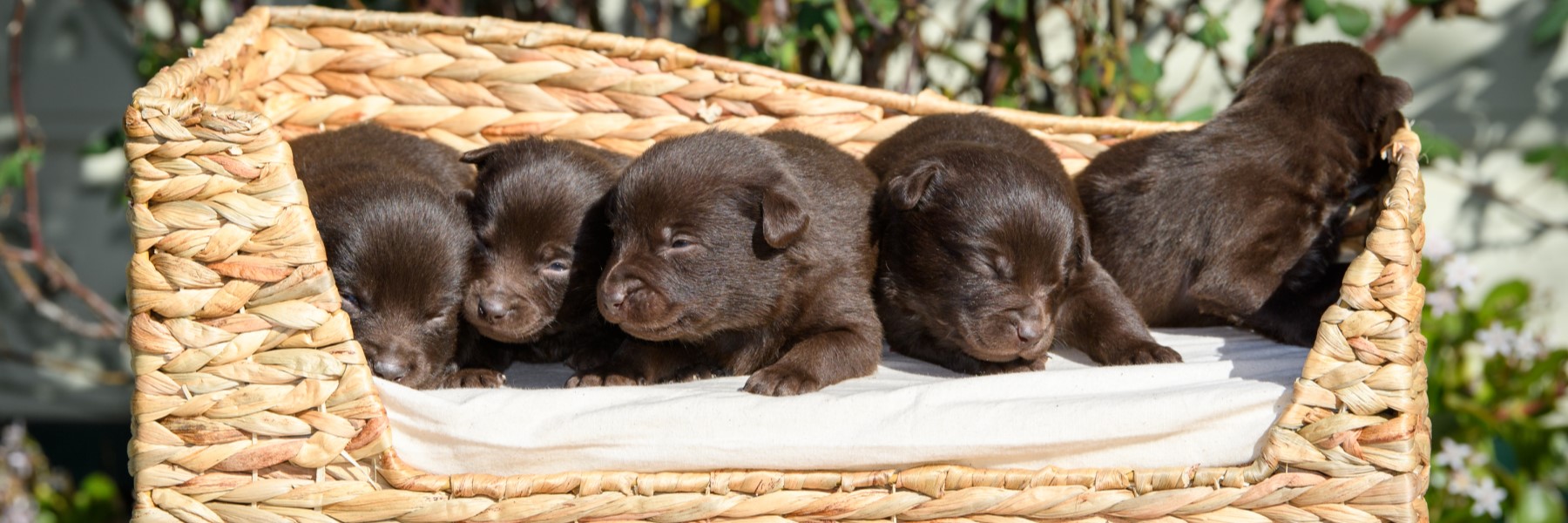How to become a breeder
Dogs SA Events
Next Event
- There are no upcoming events.
Next Championship Show
- There are no upcoming events.
Interested to become a Dogs SA Member?
Learn more about our Membership Benefits and Plans or Sign Up when you are ready to proceed
Breeding Responsibility

Responsible Breeding
Dedicated, registered Dogs SA breeders must become experts in many areas of animal husbandry to produce sound, healthy dogs. Expert knowledge must include:
- Feeding and nutrition from pregnancy, whelping and beyond.
- Housing and kennel management.
- Mating and whelping.
- Basic genetics.
- Disease control.
- Understanding problems which may affect their breed.
What is breed soundness?
Maintaining healthy, beautiful dogs both sound in temperament and construction is the aim of all dedicated purebred pedigree dog breeders. Breed soundness of an individual dog is based on several factors:
- Physical Soundness
This relates to correct construction and health. The dog must cope with the demands of ordinary life as well as working in specialised areas. Soundness also refers to internal health, such as reproductive health, heart function or joint health. - Mental Soundness
This refers to the temperament, ability and aptitude of the dog to participate in activities for which it was designed but conversely the dog must be able to remain calm and relaxed when required. - Genetic Soundness
This refers to the health and physical attributes, in addition to the cellular and hormonal level which may be less obvious. Recent developments have resulted in many more conditions found to be genetic. - Breed Type
Before considering breeding, you should assess whether your dog or bitch is typical of the breed and strive to improve the quality of breed within your kennel. Any dog or bitch used to produce a litter should be ‘above average’ in relation to the breed’s standard.
Why breed a litter?
Before you consider breeding a litter, you should consider if the dog or bitch you intent to breed are of sufficient quality and have the correct health tests to improve the standard of the breed.
A responsible breeder aims to produce a litter for better construction, temperament, health outcomes and an overall sounder dog.
A breeder should also gain a basic understanding of genetics to evaluate how different traits or characteristics are inherited as the greater knowledge a breeder has of all the factors affecting their breed will ensure only sound healthy dogs are produced.
This has benefits for all, but particularly the dogs. It also provides the pet owners and their breeders immense pride in the ownership of a sound, healthy and beautiful purebred dog.


